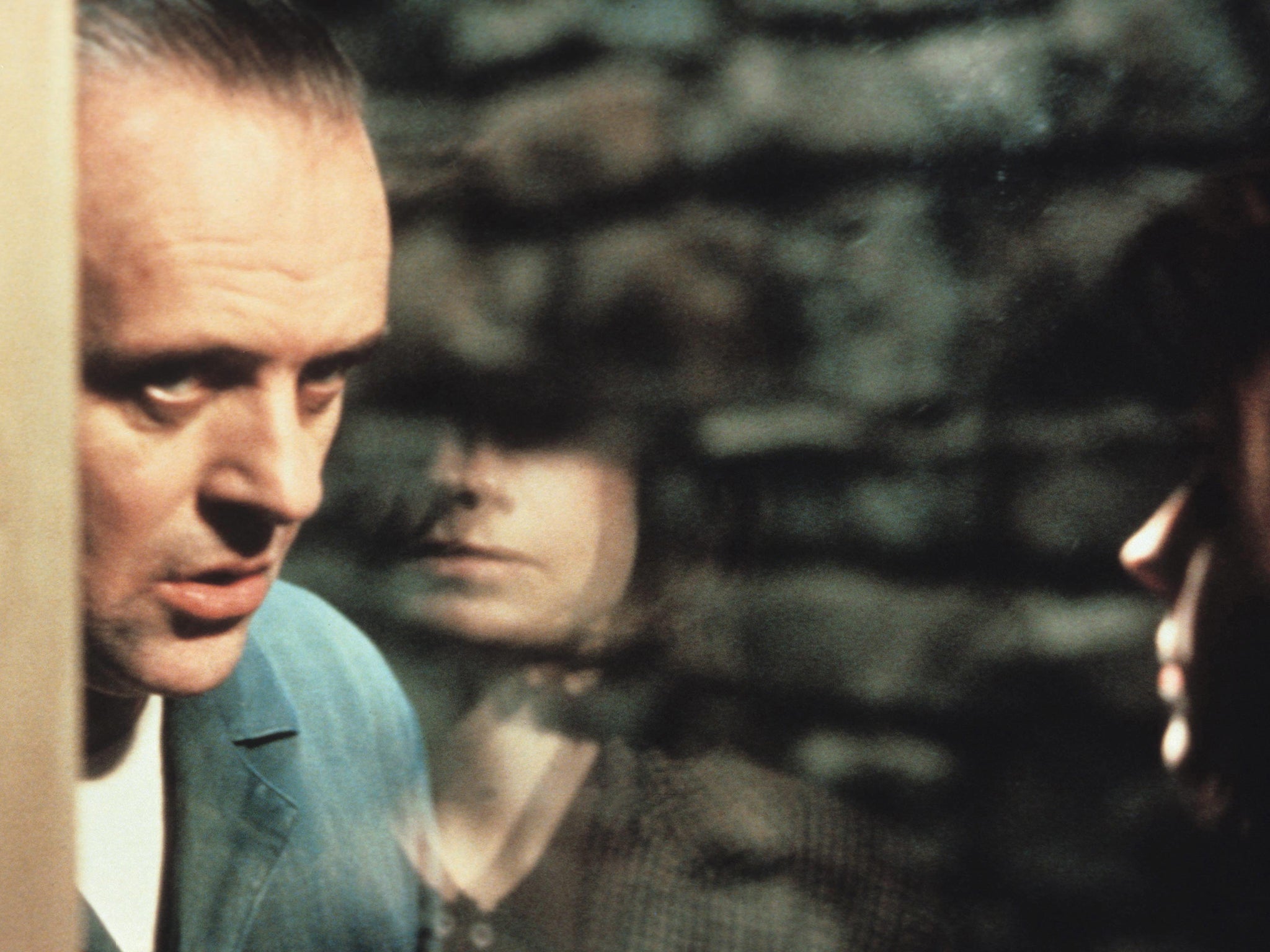On my screen, there’s an all-out shootout, guns blazing as hundreds of bullets fly overhead. Al Pacino’s Tony Montana has just discovered his sister dead on the ground and there are gunmen waiting on the other side of the door; he picks up a grenade launcher and aims it in their direction. Also on my screen? The words “Say hello to my little friend”. Some might say my predilection for watching everything with subtitles is getting in the way of my viewing experience of Scarface. But I’d argue that it’s actually improving it.
Oh, subtitles… I love them. Knowing for certain what is being said in any given film or TV show is worth the world to me. It’s certainly worth giving up the meagre inch of screen space the text takes up at the bottom of my telly – a view I’ve often been told is sacrilege to the “art” of filmmaking. In living rooms across the world, the Great Subtitles War rages on, quietly and passive-aggressively.
According to Netflix, in 2023, 40 per cent of its global users have subtitles on all the time, while 80 per cent use them at least once a month – stats that far exceed the number of viewers who need captioning because of hearing impairment. I myself fall into this category – someone who doesn’t need subtitles but wants them all the same (and all the time).
As is true of many habits, this particular one was born out of necessity. My mum’s first language is not English and so growing up, my family was a subtitles household. (Indonesian was not typically an option, so we opted for English.) You might say I grew dependent on them, and you’d be right – but I also grew accustomed to them, and savvy as to how to use them “properly” as someone who is not hearing impaired, because while, yes, subtitles are useful for when you are in a loud space or trying not to wake a sleeping baby – they also, I’d argue, make for a superior viewing experience, and deserve reverence rather than sneering.
The most frequent response I get from subtitle critics is: “But then you’re reading TV, not watching it!” And yes, that can be true of people who have just begun using them (naturally, at first your eyes will be yanked downward, and it will be impossibly distracting) but soon enough, the brain adjusts and the text more or less fades into the background. Think of how people can sleep through alarms.
It’s when you’ve reached this comfort level, when you no longer find the presence of subtitles jarring, that they will reveal their true genius. They aren’t meant to be followed meticulously or read word for word. No, subtitles are the equivalent of a life jacket on a boat – you hope you don’t need it but it’s there if you do. Missed a word? Glance downwards. Forgot her name? Glance downwards. Didn’t catch that last bit of jargon? Glance downwards. And I do mean glance – subtitles, when done right, take less than a split second to take in. This is not reading.
I will admit that I find myself reaching for that life jacket more often these days, glancing down more frequently to fill in the blanks – because, well, there are more blanks to fill in. When it comes to intricately plotted prestige television, for example, subtitles can help us follow along more closely, like the myriad rhyming names of House of the Dragon (eg Aemond, Daemon, Aegon, Velaryon, Targaryen).

And the shows that are laced with rapid-fire jargon? I stand no chance without my trusty subtitles. How can one be expected to wade through the finance bro slang of HBO’s Industry without any help? Take this mind-boggling line of dialogue from its first season as an example: “Remember this isn’t an IPO – there won’t be a month-long road show to drum up interest, no batting of eyelashes. We have less than 24 hours to build the book and adios the full position out the door.” Huh? I’m as unfamiliar with the finance world as I am with the street corners of Baltimore depicted in The Wire.
You might point out that my being able to read those words doesn’t mean I understand them – still to this day, “adios the full position out the door” is lost on me – but at least, I can rest (or rather watch on) assured in the knowledge that it wasn’t something more important, or anything crucial to the storyline. (If it was, I’d google it.) This, to me, is the main point of subtitles – to double-check that I am not missing anything. Never. Ever.

Watch Apple TV+ free for 7 days
New subscribers only. £8.99/mo. after free trial. Plan auto-renews until cancelled

Watch Apple TV+ free for 7 days
New subscribers only. £8.99/mo. after free trial. Plan auto-renews until cancelled
This has been especially important in recent years as directors (ahem, Christopher Nolan) insist on making brilliant films that are impossible to hear. A good chunk of Tenet was pretty much inaudible: muffled by oxygen masks, things that go boom, and a sound mix that amplified the squirt of a sunscreen bottle over a crucial line of dialogue. No wonder no one understood the plot.

Nolan, himself, has routinely defended his “adventurous and creative” sound mixes. In regard to Tenet, he said he was surprised by the complaints, which came not only from fans but other filmmakers, too. “I was a little shocked to realise how conservative people are when it comes to sound,” he said. “Because you can make a film that looks like anything, you can shoot on your iPhone, no one’s going to complain. But if you mix the sound a certain way, or if you use certain sub-frequencies, people get up in arms.”
I am one of those people, it’s true. While I’m all for artistic licence and experiment – I’m even OK with the fact House of the Dragon is practically unwatchable, given how terribly dark the scenes are – at the end of the day, if I want to know what is happening, I need to know what is said. Dialogue feels too pivotal to any film or TV show to just shrug and move on when you miss something.

There are other benefits, too – ones that I think the film buffs who rebuff me over my subtitle fondness would greatly appreciate themselves. If you get down to it, and you do study the subtitles, you’ll likely glean a new appreciation for an actor’s performance. Take Silence of the Lambs. On paper, a line like, “I do wish we could chat longer, but I’m having an old friend for dinner,” reads a little ham-fisted, but spoken from the lips of Anthony Hopkins, it’s sheer perfection. It’s the same for TV writers; what a shame to let the sweary, Shakespearean barbs of Succession go unnoticed.
Growing up with subtitles also helps to foster an openness to foreign-language films. To watch a movie with captions, even if it is in another language, doesn’t feel like such a chore when you do it every day. It’s been four years since South Korean filmmaker Bong Joon Ho accepted his prize for Parasite and implored the Golden Globes audiences to “overcome the one-inch-tall barrier of subtitles” while doing so. While he meant it in the context of widening your horizons with films of other languages, I’d argue even movies in your mother tongue can be amplified by the use of subtitles. The only exception? Stand-up comedy. Even I have got to draw the line somewhere.

